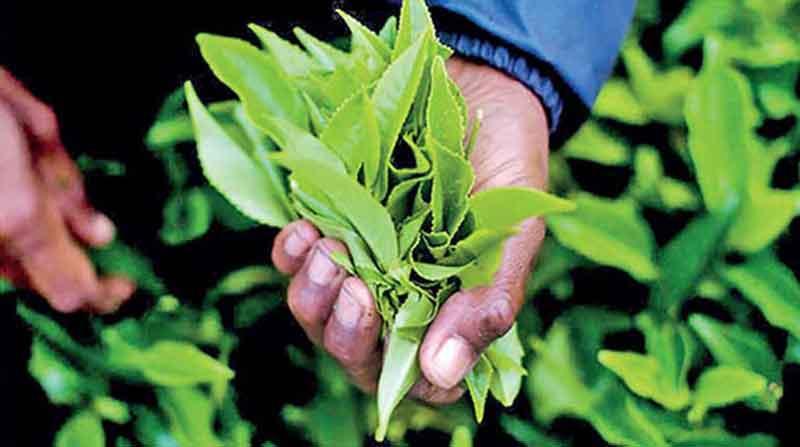
Operations across all Regional Plantation Companies (RPCs) managed estates are being carried out despite limitations and restrictions across the country that has hindered the smooth functioning of industries, said officials of RPCs when inquired about the status quo of estates and the welfare of workers.
According to planters there is neither disruption to production nor auctions despite the lockdown.
Planters Association of Ceylon Past Chairman and Managing Director Hayleys Plantations, Dr. Roshan Rajadurai said work in all RPC managed estates has been going on except for the first two to three days when curfew was imposed restricting the movement of workers.
“We have secured work permits and work is progressing as usual thanks to the commitment of the managers who extended their fullest support to keep things going and the law enforcement agencies which backed us in every aspect,” Dr. Rajadurai said, adding that drought hampered operations in a couple of estates which hopefully will be back in operations with favourable weather.
RPCs contribute over Rs. 70 billion to the local economy from plantation crops alone and since taking charge of operations in 1992 to-date they have poured a total of around Rs.60 billion in terms of capital investment into the industry.
“We have ensured that all families of workers had adequate food and healthcare facilities and did not have to go hungry to bed during the present turmoil in the country,” Dr. Rajadurai said adding that workers welfare is given priority.
According to plantation estate sources the situation in many estates is not that rosy as portrayed by certain area leaders, politicians and estate managers.
“Access to food and getting to work sites has been extremely tough and many workers report to work with empty stomachs,” sources said.
However, the issue for RPCs and State run estates is the under-staffed packaging houses in Colombo due to the current environment in the country which has stifled trade with buyers.
“The limited number of workers at packing sites has obstructed the smooth operation of exports while lockdowns in importing destinations too have affected exports,” Dr. Rajadurai said.
A leading exporter in the country said the need of the hour is one voice and one direction to put the house in order.
“There is cacophony all over about policy direction. Clarity and consistency as always mattered is crucial at this juncture to get over the crisis and put the country back on track,” he said.
Amidst the pandemic and pandemonium the demand for Black Tea which Sri Lanka accounts for the highest amount of catechins, a major component of green tea leaves and in black tea they are oxidized and dimerised during fermentation to yellow-orange pigments is a silver lining for the country moves into unchartered territory.
The other good news last week was that after nearly 137 years of auctions, the first tea auction via a digital platform was held and was hailed by the industry for fulfilling a long felt need of a lucrative business.
However, tea auction prices were not at its best recording a first three months cumulative of Rs. 540 for high growns.
“The price of Rs. 540 per kg cumulatively was way below the cost of production which has gone up to around Rs. 900 a kg,” planters said adding that crop yield during the first quarter has dropped by around 30- 40 percent due to the drought in most estates.Planters expect crop yield to record the same levels in the second quarter too if the adverse weather continues while being sceptical about reaching last year’s production.As at end February crop yield was 23.6 million kgs, a marginal growth over the corresponding period in 2019 and revenue was Rs. 19.5 billion, a marginal decrease (YoY) from Rs. 19.7 billion last year. Iraq was the largest buyer at the end of February this year.Tea production during the first six months of last year was 158.47 million kgs compared to 158.15 million kgs in the corresponding period of the previous year.
The Colombo Rubber Traders’ Association commenced weekly auctions beginning with one auction per week on April 9.
